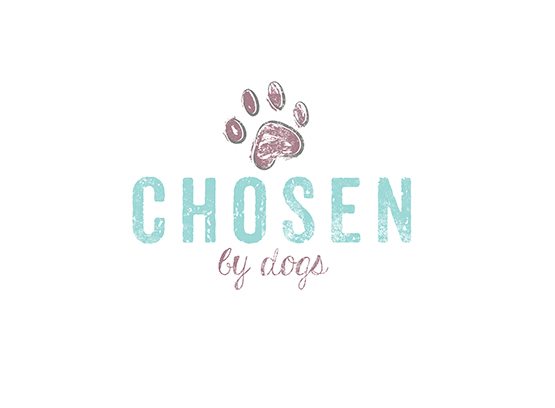Do Older Dogs Need Different Food?
Getting older is inevitable and, just as humans find that they can’t eat the same way as they did when they were younger, dogs may also have different dietary needs during the last third of their lives.
While there are more expensive versions of regular foods that have been designated as more suitable for senior dogs, you and your vet are the best informed to make an assessment as to whether your dog’s dietary regime needs to be changed.
Slowing Down
You’ll begin to notice, for example, when your dog begins to slow down. The flat-out run won’t go on for quite so long as it used to, being quickly replaced with a sprightly cantering gait. There may be a resulting weight gain because less energy is being burned through exercise, but the simple solution is to cut the amount of food he eats by just a little. A reduction of 5% should be enough to begin with.
How Senior dog Foods are Different
If your dog not only gains weight but also begins to suffer from constipation, as many senior dogs do, then consider switching to a senior formula which will, typically, contain less calories and more fibre.
Renal failure is quite common in older dogs and this is also addressed by the lower protein content of senior foods, reducing the work that the kidneys have to do.
Dry Food vs Canned Food
Another issue is dental health. Dry food helps to reduce plaque and tartar by scraping it off the teeth while your dog is eating. Dogs that eat only canned food miss this benefit and their teeth require additional attention, such as regular brushing and chews that are designed to help remove these unwanted deposits.
Canine Food Supplements
Unless your dog has specific health problems other than ageing, the only supplements that will ease their transition to the status of ‘old dog’ are vitamins A, C and E.
Breeds that have a tendency for hip dysplasia or dogs that exhibit signs of arthritis will also benefit from being given glucosamine.
Monitoring
You know your dog better than anyone and are also best placed to spot any problem indicators that occur. You’ll know when it’s time to consult with your vet about dietary changes and introducing supplements so that your dog has an easy transition into old age.


